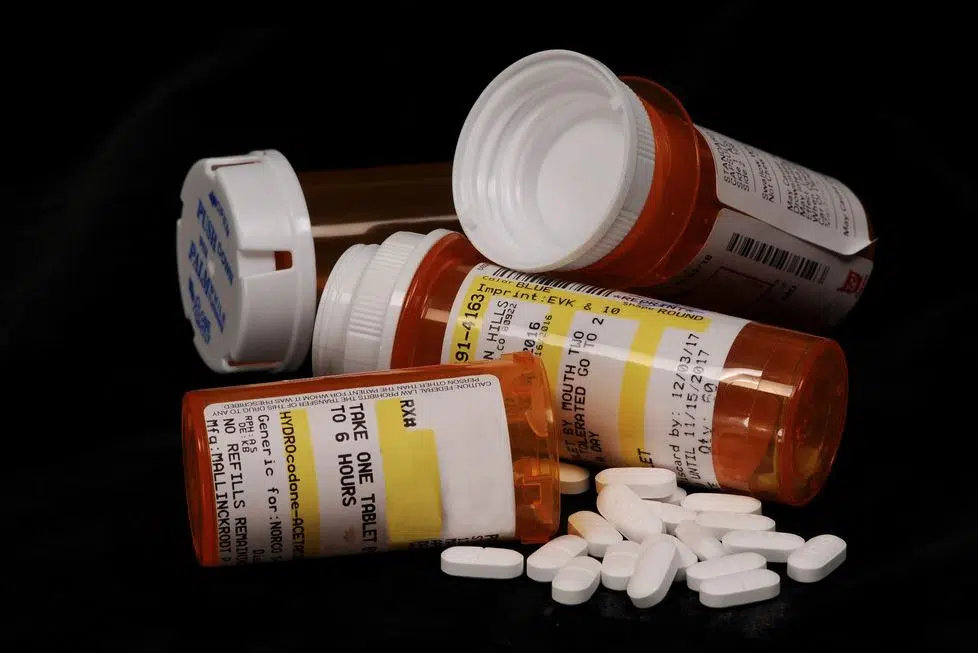
A Harm Reduction Lead at the BC Centre for Disease Control says its disheartening to see an increase in opioid overdose deaths in March, the highest its been in a year.
Speaking on NL Newsday, Dr. Jane Buxton says the COVID-19 pandemic has made an already hard life, harder for some of the province’s most vulnerable people, who have to overcome more challenges to access services they need.
“A lot of the things that we tell people to do in response to COVID-19 are not always possible in the people who are in poverty, who [for instance] need to get their food from lineups,” she said.
“So we need to make sure that we have supports in place for the people who are marginalized because they use substances.”
Data from the BC Coroners Service shows that there were 113 suspected overdose deaths in B.C. in March. In Kamloops, there were 11 overdose deaths reported between January and March, compared to 27 in all of 2019 and 46 in 2018.
Buxton is stressing the importance for people to not use illicit drugs alone, noting that things like overdose prevention sites have remained open after it was declared an essential service during the pandemic.
“Things like increasing naloxone, increasing access to overdose prevention service, those are still continuing but the drugs are getting more toxic,” Buxton added. “So what we really need is for people to be able to use substances that they know what’s in it, and that’s one of the new initiatives that’s being introduced.”
She adds that governments have been reaching out the people impacted the most, by among other things, providing a safe supply of drugs to people during the pandemic amid fears the illegal drug supply is becoming increasingly toxic because of COVID-19.
“We’ve heard quite a bit about housing being found. We just need to make sure that when people are moved into stable housing, that they have the supports they need, that they have somewhere that they can use substances in a safer manner,” Buxton added.
Meanwhile, B.C.’s former Health Minister, who declared an public health emergency because of the opioid crisis four years ago in 2016, says the spike in number of overdose deaths in March breaks his heart.
Terry Lake, who was the former MLA for Kamloops-North Thompson, says the 113 lives lost were almost as many as the number of people who have died of COVID-19 so far in the province, which as of May 12 was at 131.
“When you look at the resources and the lengths we’ve gone to to battle COVID-19, if we had put a hundredths of that effort into the opioid overdose crisis, would we have had better outcomes, and I can’t help but think we would,” Lake said, on the NL Morning News.
Lake says that more should be done to prevent the loss of life to overdose deaths, starting with ensuring a safe supply of drugs.
“I mean, I don’t understand why people would object to handing out safe supply to people that are using substances,” he added. “You know, it doesn’t affect me personally, it doesn’t affect my family, but it may save a life, and it may give someone an opportunity to seek out an opportunity to seek our services at some point and get better.”
Lake adds its hard to pinpoint exactly why the number of overdose deaths spiked after months of gradual declines and cautious optimism from health officials.
“You know, some people that are living in precarious situations have come across more money, and just like when we see income assistance day, we see a rise in overdose deaths,” Lake added.
“When people have more money in their pocket, they tend to go out and seek more drugs, and that may be part of the reason.”
The Coroners Service says to date, there have still be no deaths recorded at any supervised consumption site, in Kamloops or elsewhere in the province.

















